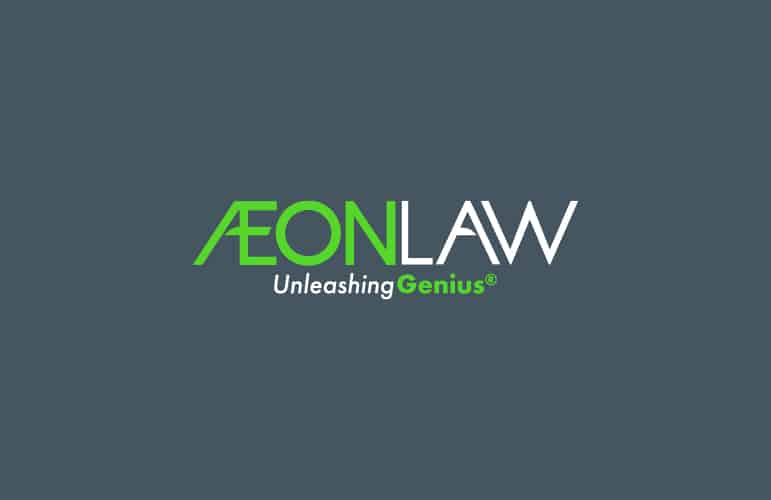On July 28, 2009, the USPTO issued patent number 7,568,213, the so-called “podcasting patent.”
Claim 1 is directed to
A method for providing episodic media, the method comprising:
providing a user with access to a channel dedicated to episodic media, wherein the episodic media provided over the channel is pre-defined into one or more episodes by a remote publisher of the episodic media;
receiving a subscription request to the channel dedicated to the episodic media from the user;
automatically downloading updated episodic media associated with the channel dedicated to the episodic media to a computing device associated with the user in accordance with the subscription request upon availability of the updated episodic media, the automatic download occurring without further user interaction; and
providing the user with:
an indication of a maximum available channel depth,
the channel depth indicating a size of episodic media yet to be downloaded from the channel and size of episodic media already downloaded from the channel, the channel depth being specified in playtime or storage resources, and
the ability to modify the channel depth by deleting selected episodic media content, thereby overriding the previously configured channel depth.
The “podcasting patent” is a continuation of an application filed November 19, 2003. Applicants filed the continuation less than a year ago, in October 2008, and after one false start, successfully petitioned for accelerated examination.
One of the most striking things about the prosecution of this application is that it appears that Applicant did not submit (and the Examiner did not consider) a single piece of “non-patent literature.” In other words, when determining whether these claims were patentable, neither the Applicant, nor the USPTO appears to have considered any publications except patents and patent applications.
As a result, the Examiner never looked at any publications from Dave Winer, who was a major contributor to the development of RSS in the years prior to November 2003. For example, in October 2002 (more than a year before the podcasting patent’s earliest priority date), Dave wrote about “a new tool called RSS Explorer. …. It allows you to browse another Radio user’s subscriptions, and click checkboxes to subscribe.” And by at least mid-2003, the RSS 2.0 specification supported media “enclosures.” Indeed, the Radio Userland application, which shipped in January 2002, was “both a podcast distributor and a podcast client.”
Would an examiner have considered a big chunk of Claim 1 to be obvious considering a combination of these references? Maybe, maybe not. But it seems clear that a giant swath of relevant prior art was never considered during examination, and now that the patent has issued, it’ll cost someone a lot of money to undo that.
In this case, it looks like the applicants effectively used the pre-exam search and support documents to frame the examination around just a few patent applications that the applicants thought (correctly, as it turns out) they could distinguish. As a result, some random dudes you never heard of were granted a probably-undeserved monopoly over a big chunk of an incredibly common mode of media distribution.
Seems likely that the only people who are going to end up benefitting from this patent are the lawyers who will get paid to wrangle over it for the next few years.


